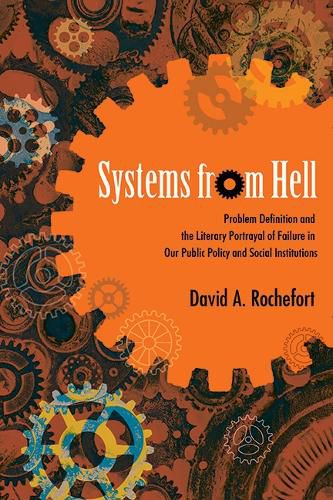Readings Newsletter
Become a Readings Member to make your shopping experience even easier.
Sign in or sign up for free!
You’re not far away from qualifying for FREE standard shipping within Australia
You’ve qualified for FREE standard shipping within Australia
The cart is loading…






Examines how contemporary novels document and define social problems using a variety of narrative techniques to focus attention on systemic failure.
This book approaches contemporary fiction as a medium for policy advocacy, one whose narrative devices both link it to, and distinguish it from, other forms of public discourse. Using the framework of political agenda setting, David A. Rochefort analyzes the rhetorical function of problem definition played by literary works when they document and characterize social issues while sounding the call for systemic reform. Focusing on a group of noteworthy realist novels by American authors over the past twenty years, this study maintains that fictional narrative is a potentially influential instrument of "empathic policy argument." The book closes by examining the agenda-setting dynamics through which a social problem novel can contribute to the process of policy change.
$9.00 standard shipping within Australia
FREE standard shipping within Australia for orders over $100.00
Express & International shipping calculated at checkout
Examines how contemporary novels document and define social problems using a variety of narrative techniques to focus attention on systemic failure.
This book approaches contemporary fiction as a medium for policy advocacy, one whose narrative devices both link it to, and distinguish it from, other forms of public discourse. Using the framework of political agenda setting, David A. Rochefort analyzes the rhetorical function of problem definition played by literary works when they document and characterize social issues while sounding the call for systemic reform. Focusing on a group of noteworthy realist novels by American authors over the past twenty years, this study maintains that fictional narrative is a potentially influential instrument of "empathic policy argument." The book closes by examining the agenda-setting dynamics through which a social problem novel can contribute to the process of policy change.